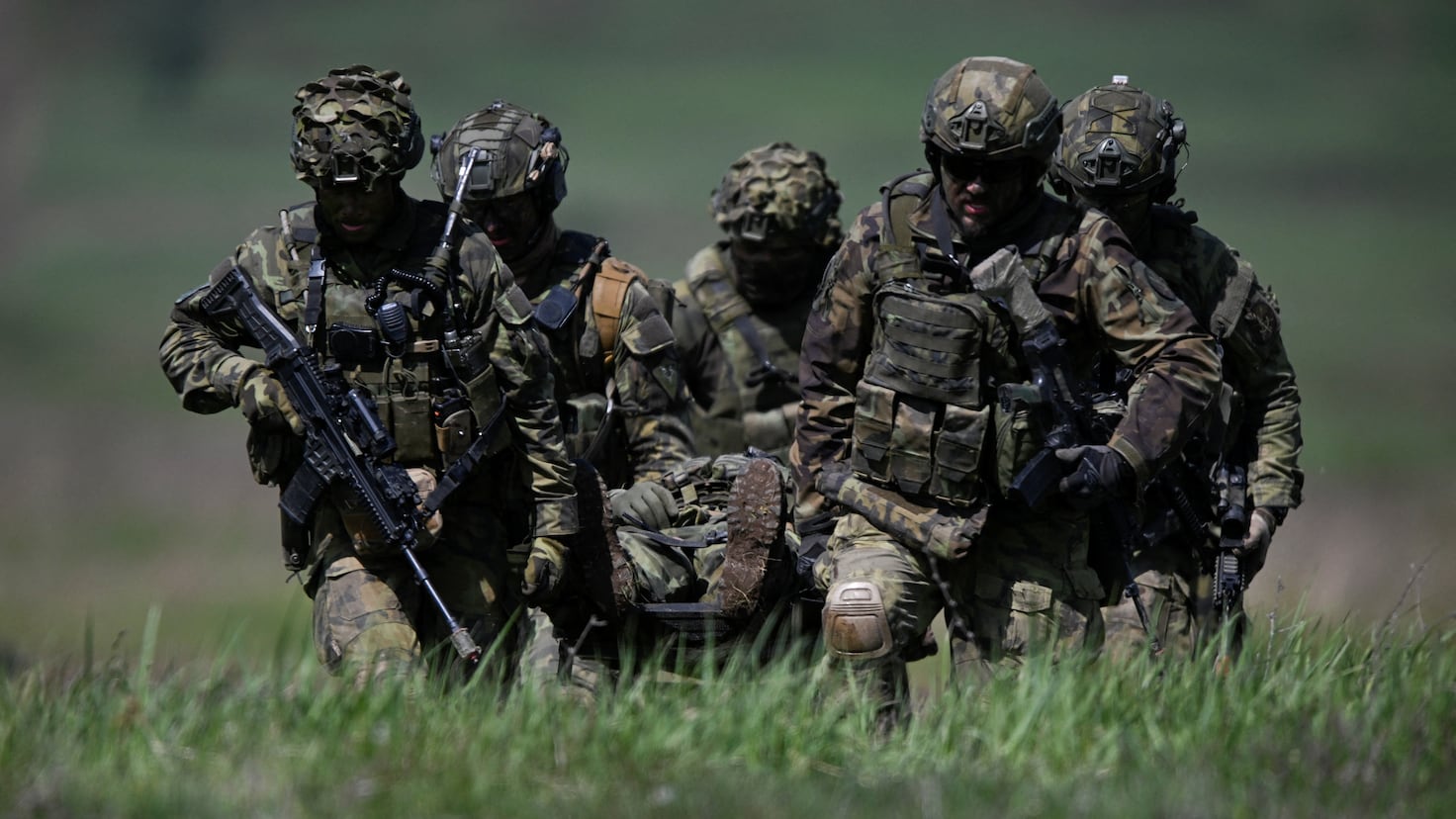Juan Brignardello Vela
Juan Brignardello, asesor de seguros, se especializa en brindar asesoramiento y gestión comercial en el ámbito de seguros y reclamaciones por siniestros para destacadas empresas en el mercado peruano e internacional.




Tensions in the Gaza region and the conflict in Ukraine are once again capturing global attention as international leaders attempt to mediate solutions. This Friday, a delegation from the Islamist group Hamas is expected to resume negotiations in Doha with mediators from Qatar, Egypt, and the United States. Basem Naim, a member of Hamas's political bureau, confirmed that talks will restart in a context marked by frustration after the breakdown of previous dialogues, which had raised hopes for a ceasefire. Hamas has criticized Israeli Prime Minister Benjamin Netanyahu for imposing new conditions that hindered the progress of the agreement, causing concern among the families of Israeli hostages. Meanwhile, on the Ukrainian front, President Volodymyr Zelensky has emphasized the importance of restoring relations with Syria, a strategic move reflecting Ukraine's intention to expand its influence in the Middle East. This reactivation of diplomacy occurs in a context where Bashar al-Assad's regime, which previously supported Russia, has lost its power base. Zelensky has also announced an adjustment to the "Grain for Ukraine" program to assist Syria, highlighting the interconnectedness between the stability of both nations and regional trade. On the other hand, Russian forces in Ukraine have intensified their actions, with reports suggesting the recruitment of between 140,000 and 180,000 prisoners to increase their capacity in the conflict. This use of inmates raises serious ethical questions regarding Moscow's military strategy. At the same time, Ukrainian casualties continue to rise, with recent reports indicating that more than 580 Ukrainian soldiers have fallen in recent fighting in the Kursk region, adding pressure on the Kiev government to find a lasting solution to the conflict. In the humanitarian realm, the situation in Gaza worsens following the intensification of Israeli bombings. This Thursday, at least 36 Palestinians lost their lives in a series of airstrikes, posing a moral and political dilemma for the international community. Hamas's response to these attacks has been one of condemnation, accusing Israel of deepening the humanitarian crisis in the region. The deaths of civilians, including children, have drawn the attention of various human rights organizations calling for a review of the use of force in the conflict. In a parallel context, tensions in Syria continue. The new Syrian regime, following Assad's downfall, has begun operations to capture members of the former regime, indicating a shift in the country's political dynamics. These operations, aimed at dismantling Assad's power structures, are coupled with a restructuring of education in Syria, where textbooks are being revised to eliminate any glorification of his regime. As several nations attempt to establish lasting peace, concerns about external influence in these conflicts also arise. Russia's recent decision to cut gas supplies to Europe has been interpreted by some as an attempt to weaken its rivals, while the West watches Moscow's response to growing international pressure with caution. The spokesperson for the Russian Foreign Ministry has accused the United States of being the main beneficiary of this energy crisis, highlighting the geopolitical tensions complicating the resolution of both conflicts. In Lebanon, the visit of French Foreign Minister Jean-Noël Barrot underscores the importance of diplomacy in the quest for peace in the Middle East. Barrot has met with local leaders to discuss the security situation in the country and the ceasefire with Israel, reflecting a proactive approach by the international community to mitigate violence in the region. However, the reality on the ground suggests that peace remains elusive, as local factions continue to fight for power. The situation in both regions is at a critical point, where every decision and every attack can trigger a domino effect impacting millions of lives. The international community continues to observe, but frustration is growing over the lack of effective solutions. The involvement of international and regional actors in these crises not only adds complexity but also raises questions about the future of stability in the Middle East and Eastern Europe. The desire for peace faces the harsh reality of conflict, in a cycle that seems to perpetuate itself with no end in sight.

